This post may contain affiliate links. See our disclosure policy.
Cheese is a staple in most households, but many people don’t know that it can be frozen and stored for later use. This is excellent news for people who don’t have time to eat all of their cheese before it goes bad.
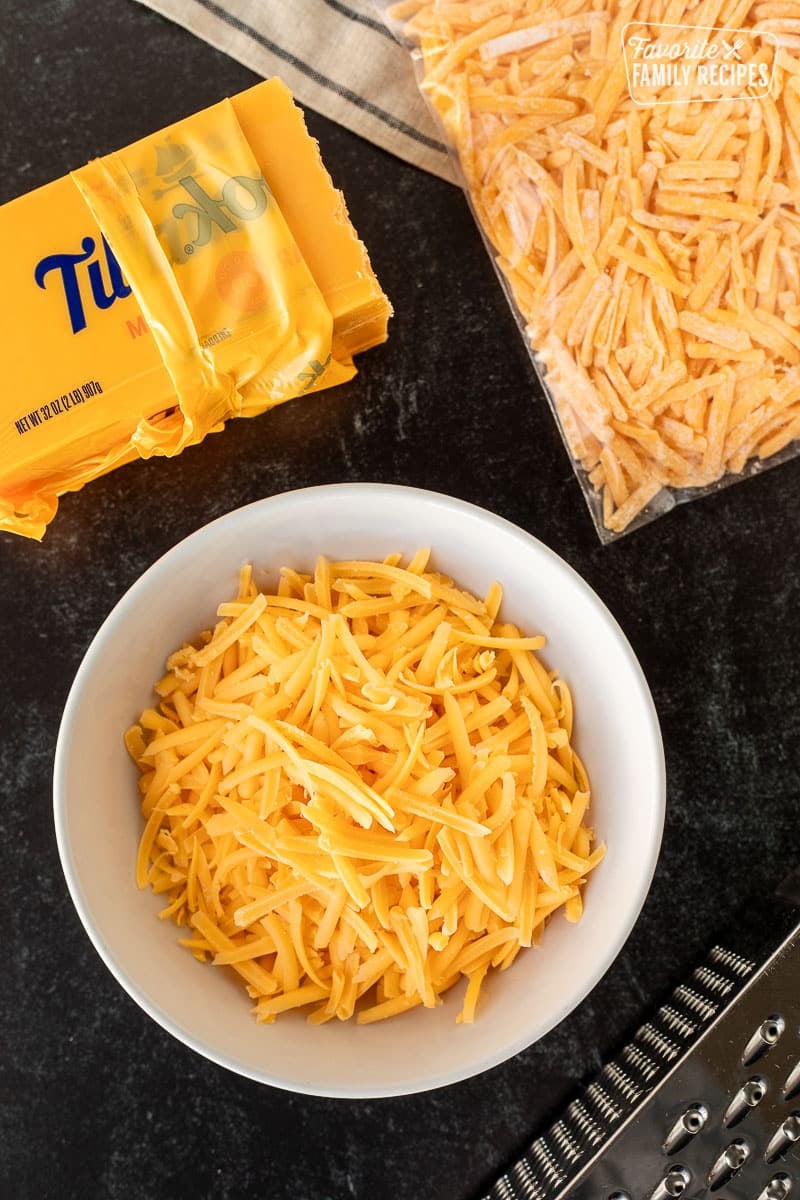
When you think about it, it’s strange that we don’t freeze cheese more often. It’s one of the best ways to preserve it and keep it from spoiling, but there are some tricks to getting it right, which varieties freeze best, and how to serve after freezing.
Can You Freeze Cheese?
Freezing cheese can be a great way to save money and make sure you have the right cheese on hand when you need it. But, there are a few things to consider before you start freezing your favorite cheeses.
First, not all cheeses freeze well. In fact, most don’t! So before you start storing your favorite parmesan or fresh mozzarella in the freezer, make sure you do your research first.
Secondly, even if a particular variety does freeze well, you still need to know how to best store it so that it performs well when it comes time to use it again. There are certain practices that will help keep your frozen cheese at its freshest for as long as possible.
Finally, once frozen, many types of cheese lose their versatility or become mealy. It may become quite difficult (if not impossible) to grate or cut them into small pieces without compromising the texture and taste of what was once a perfectly good block of cheese! In this article, we will talk about what types of cheeses freeze well, how to freeze extra cheese properly, and what you can do with the frozen cheddar cheese and others once thawed out.
If you enjoy learning about these freezing tips, be sure to check out our other easy tutorials on How To Freeze Bananas, How To Freeze Avocado, and How to Freeze Cookie Dough.
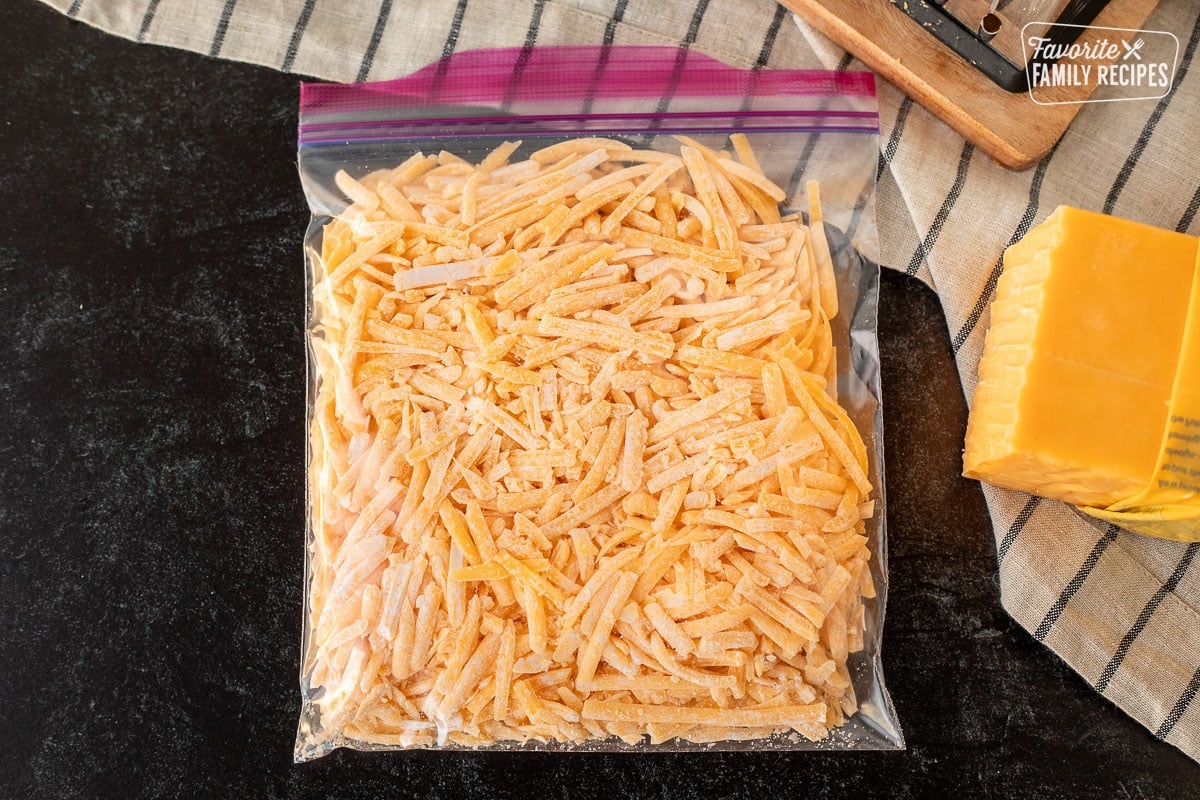
Best Cheeses To Use
Typically, any of the brick or semi-hard cheeses are okay to store inside the freezer. Some examples of these types of cheeses are:
- Cheddar (block, sliced, or shredded)
- Colby Jack (block, sliced, or shredded)
- Monterey Jack (block, sliced, or shredded)
- Shredded Mozzarella cheese or pizza cheese
- Provolone (freeze in a block on in slices of cheese)
OKAY (But Not Great) Varieties
These types of fresh cheese CAN be frozen and stored in an airtight container, but your results may be highly varied. These include:
- Swiss
- Blue Cheese
- Feta
- Cream Cheese
- Gouda
Worst Cheeses To Freeze
Any curd or soft cheese varieties aren’t great for freezing. Also, fancy, hand-crafted cheese doesn’t freeze well either. They are known for their texture and taste and are best eaten fresh. Similarly, hard varieties, such as Parmesan, don’t freeze well. They last a very long time in the refrigerator, so there’s no point in freezing them anyway. Here are the kinds that don’t freeze well:
- Cottage Cheese
- Goat cheese
- Ricotta cheese
- Brie
- Romano
- Parmesan (Parmigiano Reggiano) or Pecorino Romano
- Processed Cheese (such as Velveeta)
Shredded Cheese (Preferred Method)
Store-bought, pre-shredded is always going to be a good bet. You can keep it in its original packaging and put it straight in the freezer. You can also shred a brick of cheese then freeze it (I prefer this to freezing an entire block.) I have provided some instructions below on how to do this. You can freeze shredded cheese for up to two months before losing quality. You can thaw before using, or we have had success melting frozen shredded cheese directly into casseroles and other hot dishes.
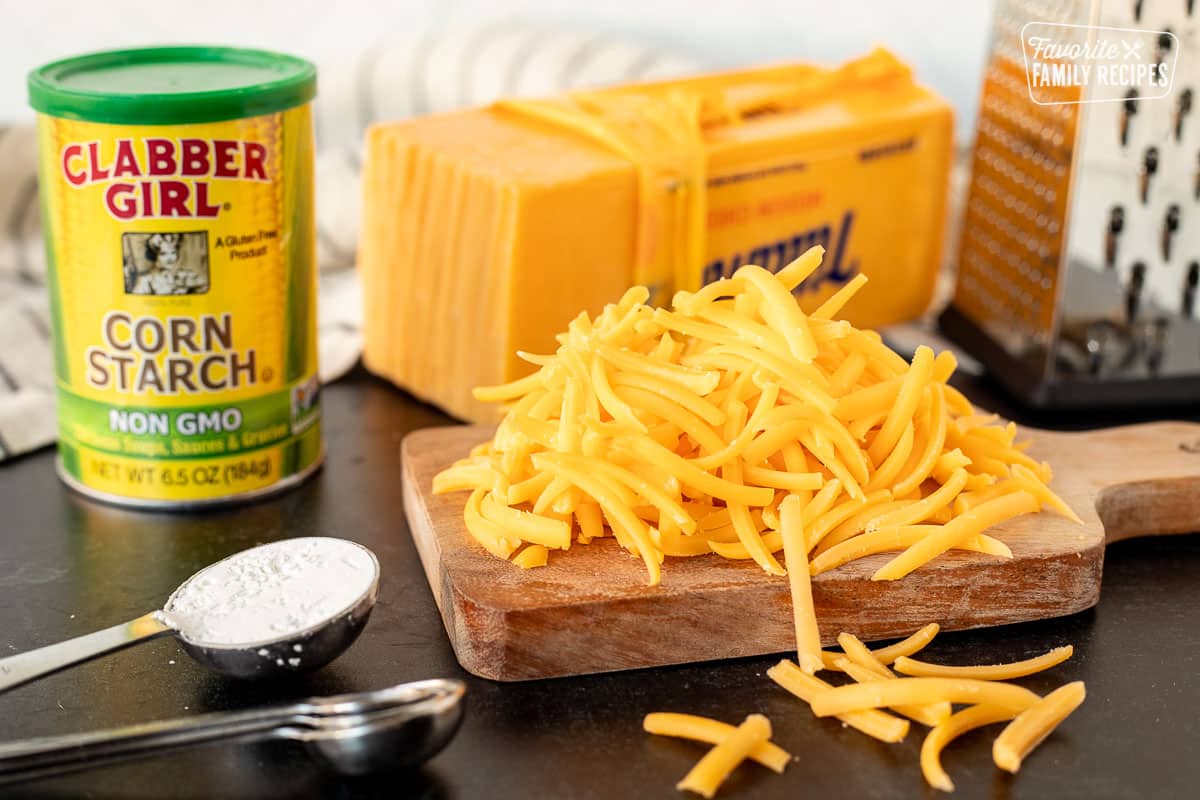
Block Or Sliced Cheese
For block (no larger than one pound) or sliced cheese, place in a Ziplock freezer bag (still in its original packaging), press the air out and seal tightly. If the original packaging has been removed, you can wrap it tightly in plastic cling wrap or aluminum foil and then place in a Ziplock freezer bag for freezing. For sliced, make sure each individual slice is separated with parchment paper before wrapping and bagging. You can freeze block or sliced cheese for up to two months.
Serving and Cooking Suggestions
Even if you do everything perfectly, freezing will inevitably affect the texture. It is best to grate, melt, or crumble cheese that has been frozen so the texture differences aren’t as noticeable. It usually isn’t great when sliced or served cubed on a cheese board after it has been frozen. Melting into casseroles, soups, or other hot dishes such as macaroni and cheese are perfectly fine. Melting sliced cheese over burgers or grilled cheese sandwiches will work well also.
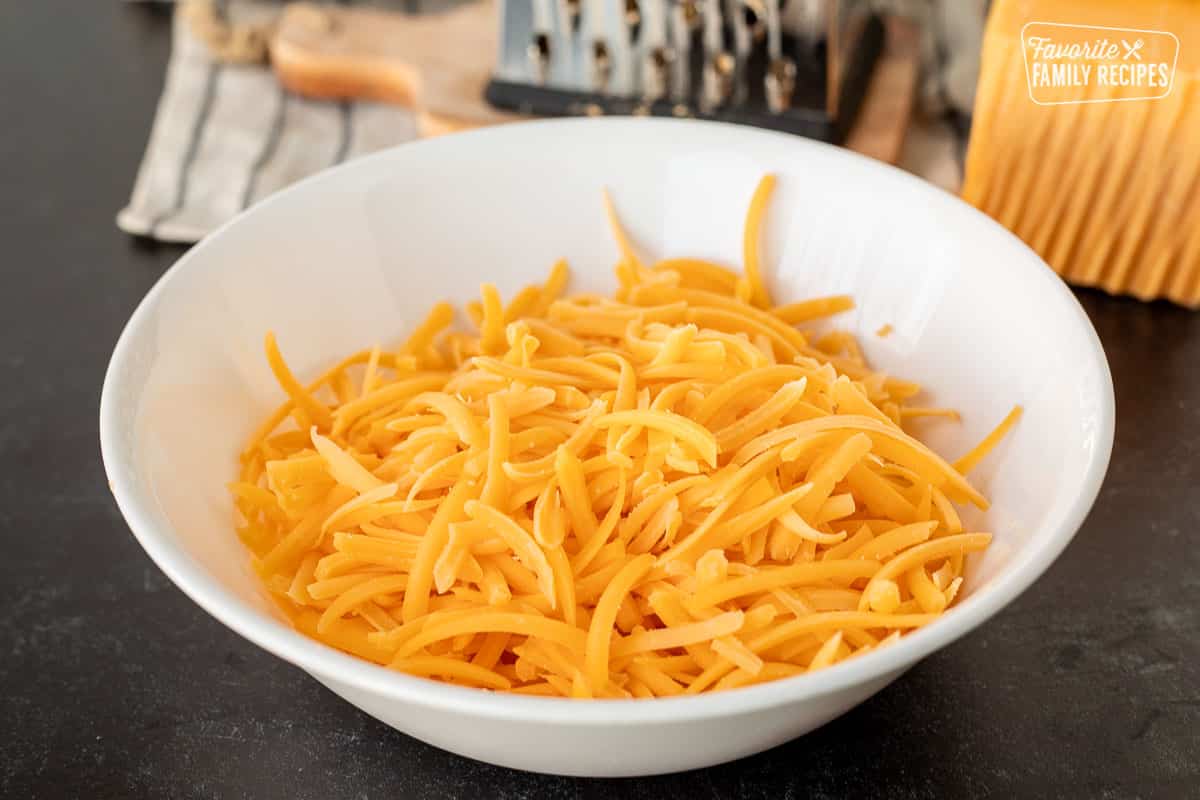
Tips For Thawing:
If you are thawing your frozen cheese, it is always best to thaw slowly in the refrigerator. This can take up to 48 hours depending on the size of your shreds or block. It’s also ok to go from frozen (if using shredded) to melting in soups, casseroles, or in the microwave to melt over your favorite dishes.
Quick Tips for Freezing Cheese
Here’s a quick TLDR version of our tips for freezing cheese, just in case you need a quick reference:
- Choose Hard Cheeses: Hard cheeses like cheddar, Swiss, or Parmesan freeze better than soft cheeses because of their lower moisture content.
- Pre-Portion: Shred or cut the cheese into smaller portions before freezing. This makes it easier to thaw and use only what you need.
- Wrap Properly: Wrap the cheese tightly in plastic wrap, aluminum foil, or wax paper to prevent freezer burn and odors from affecting the flavor.
- Use Freezer Bags: Alternatively, place the wrapped cheese in a freezer-safe bag and squeeze out any excess air before sealing. You want to get as much air out as possible, this will help prevent ice crystals from forming.
- Label and Date: Always label the cheese with the type and date before placing it in the freezer. This helps you keep track of how long it’s been frozen.
- Thaw Slowly: When ready to use, thaw the frozen cheese in the refrigerator overnight. Avoid thawing at room temperature to prevent texture changes.
- Use Frozen Cheese for Cooking: While the texture of thawed cheese may be slightly different, it’s perfect for cooking, such as in casseroles, sauces, or gratins.
- Avoid Freezing Soft Cheeses: Soft cheeses like cream cheese or ricotta tend to separate and become crumbly when frozen. It’s best to use them fresh or within their recommended storage time.
By following these tips, you can safely freeze cheese and keep it fresh for longer, ensuring you always have a stash of cheese ready for your favorite recipes.
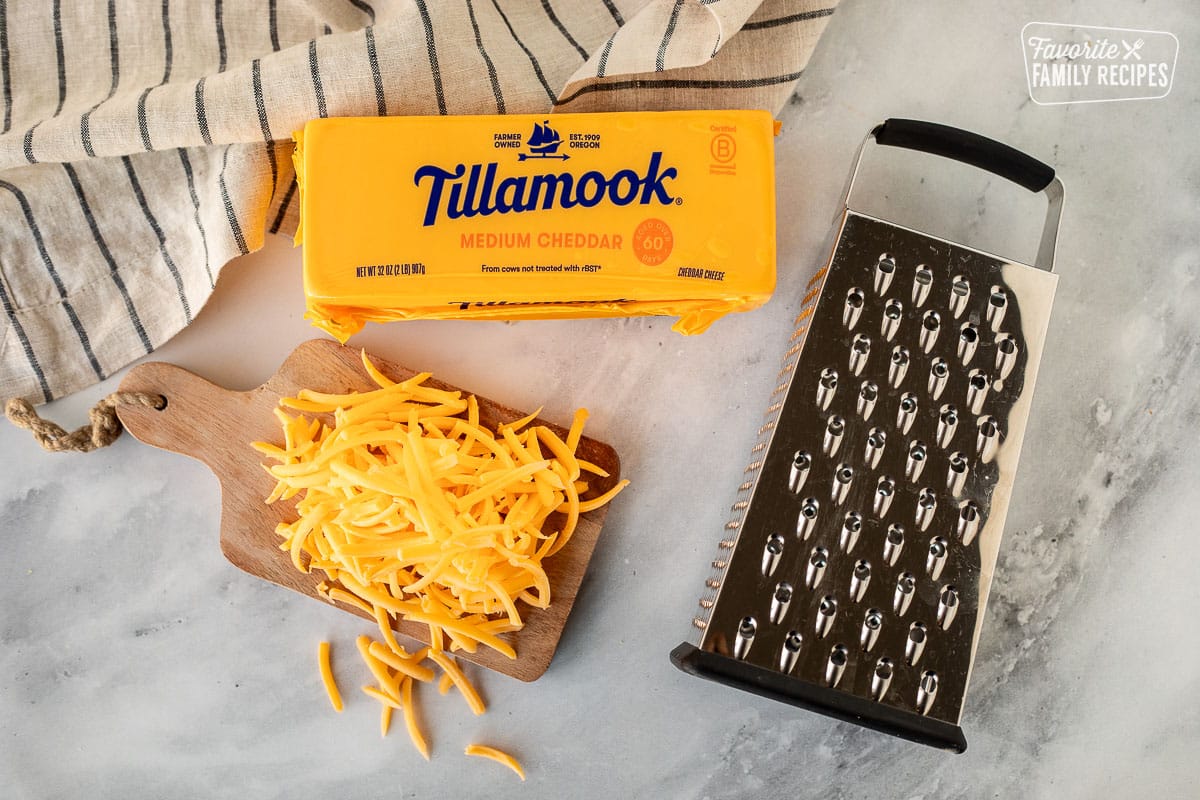
What Else Can Be Frozen?
There are lots of different foods that can be frozen! Here are some foods that can be frozen that may not be widely known:
More Uncommon Foods That Can Be Frozen
- Fresh Herbs: Chop fresh herbs and freeze them in olive oil or water for added flavor in your dishes.
- Coconut Milk: Freeze coconut milk in ice cube trays for later use in curries or smoothies.
- Cooked Pasta: Freeze cooked pasta to quickly add to soups or stir-fries.
- Bread: Freeze sliced bread or rolls for easy toasting or making sandwiches later.
- Nuts: Freeze nuts in airtight containers to keep them fresh and prevent them from going rancid.
- Tomato Paste: Freeze leftover tomato paste in small portions to use in sauces or stews.
- Buttermilk: Freeze leftover buttermilk in ice cube trays or small containers for future use in baking or marinades.
- Citrus Zest: Grate the zest of lemons, limes, or oranges and freeze it in small portions for adding bright flavor to dishes.
- Fresh Berries: Freeze fresh berries like strawberries, blueberries, and raspberries on a baking sheet before transferring them to a freezer-safe bag for smoothies or desserts.
- Cooked Rice: Freeze cooked rice in individual portions for quick and easy rice bowls or stir-fries.
- Homemade Broth: Freeze homemade broth or stock in ice cube trays or freezer bags to use as a base for soups and sauces.
- Green Onions: Chop green onions and freeze them in small portions to add a pop of flavor to various dishes.
- Fresh Ginger: Peel and freeze fresh ginger to grate or slice for recipes without worrying about it going bad.
- Pumpkin Puree: Freeze homemade pumpkin puree in portions for use in soups, smoothies, or baked goods.
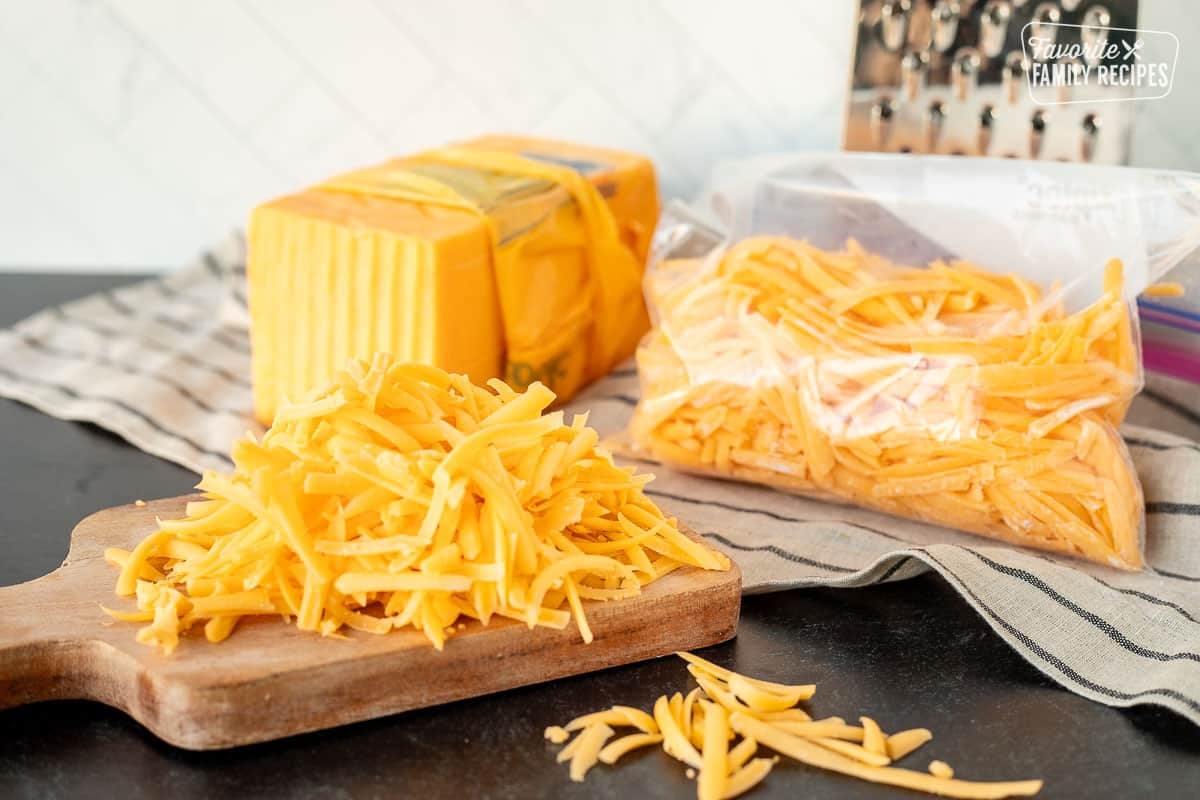
Frequently Asked Questions
Freezing cheese doesn’t affect the flavor much but it does affect the texture. This is why it is best for melting rather than thawing and trying to use fresh in recipes. See “Serving and Cooking Suggestions” above for more ideas on how to best use frozen cheese in recipes.
Store bought cheese can last up to four to six weeks in the fridge, unopened. Because it lasts so long in the fridge, you may not even need to freeze it.
Cheese is only good for five to seven days after opening. That’s where freezing comes in. If you don’t think you can eat all of it in a week or less, freezing is the way to go.
As a general rule, hand-crafted cheeses with delicate flavors and aromas don’t freeze well and are best bought in smaller portions and eaten fresh. Fresh curd cheeses like cottage cheese and ricotta also don’t freeze well due to their high moisture.
Shredded cheese can be kept in the freezer indefinitely, but for best quality, use the cheese within six to nine months.
How to Freeze Cheese

How To Freeze Shredded Cheese
Video
Ingredients
- 1 pound cheddar cheese (store-bought, block)
- 1 tablespoon cornstarch
Instructions
- Shred cheddar cheese and place in bowl or plastic freezer bag (such as Ziplock).
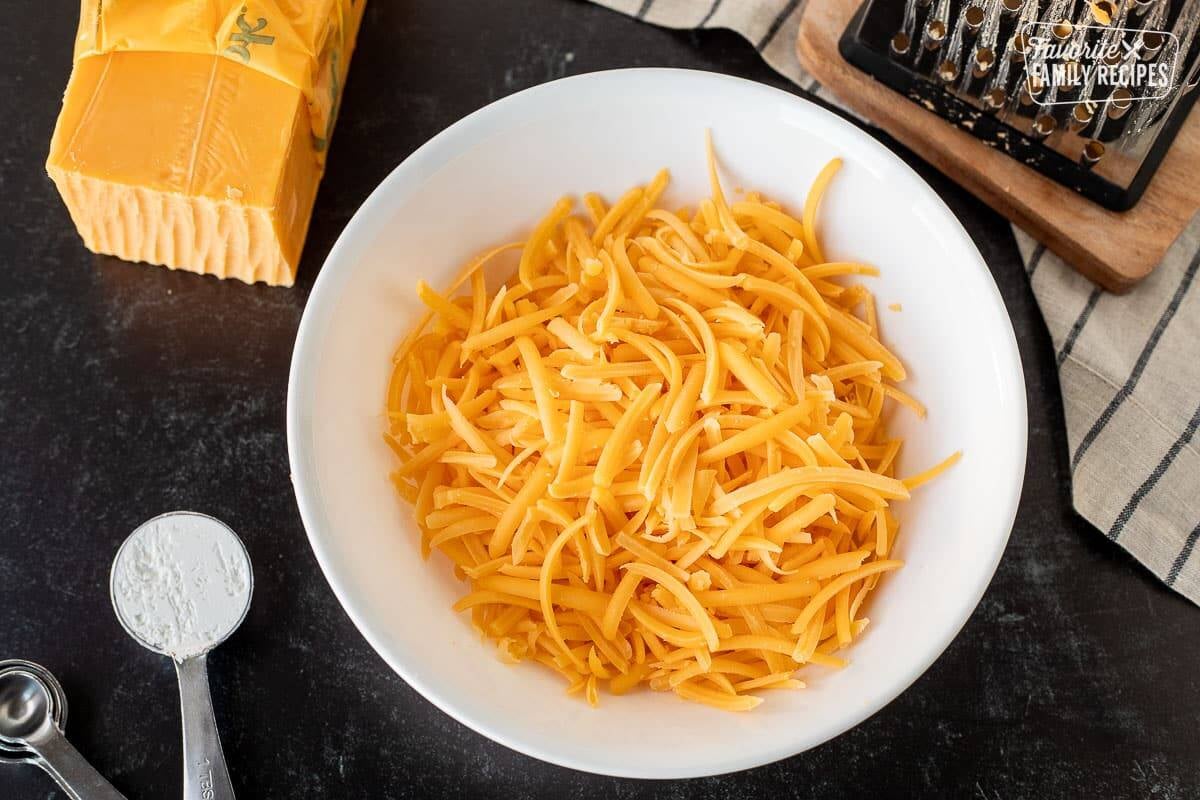
- Add 1 tablespoon of cornstarch per pound of cheese to the bowl or bag.
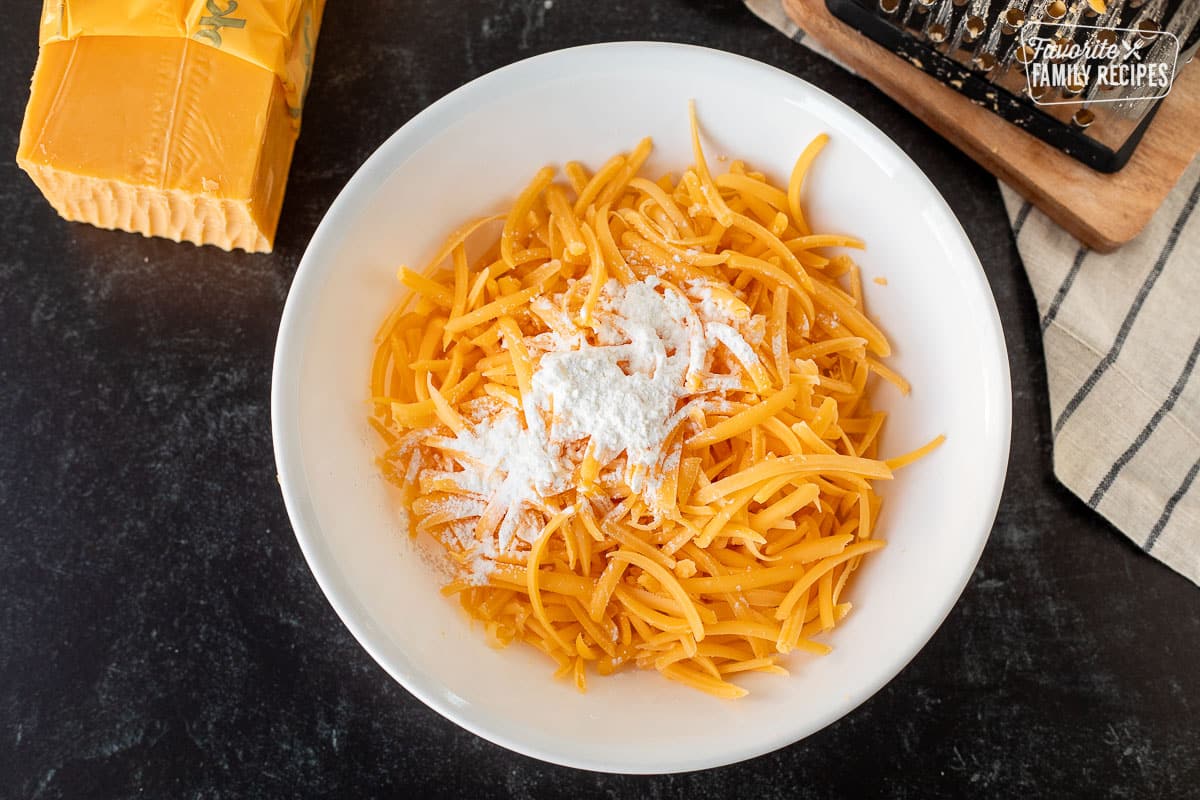
- Combine the cheese and cornstarch by stirring in the bowl or shaking in a sealed bag until cornstarch evenly covers all of the cheese shreds.

- Transfer cheese from the bowl to the bag, if it's not there already, and press air out of the bag and re-seal tightly. To reduce freezer burn you may double bag.

- Freeze cheese for up to 2 months without losing quality. Cheese that has been frozen is best for melting into soups, casseroles, or pastas.

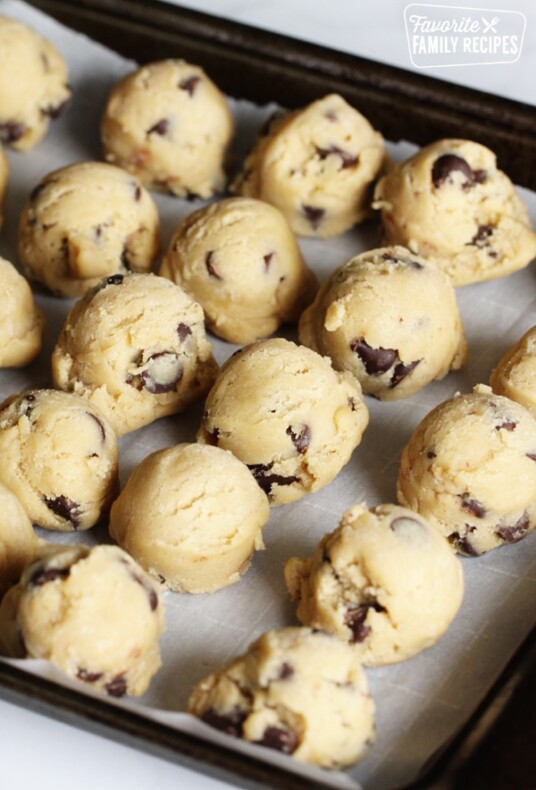
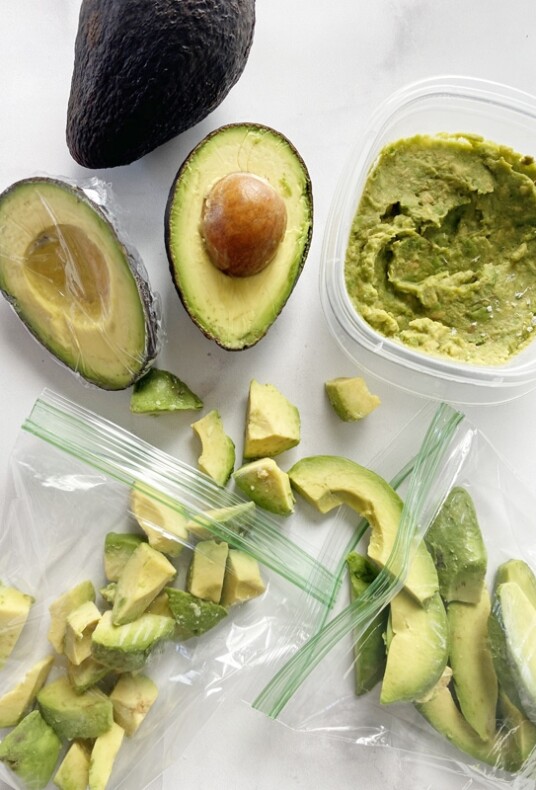
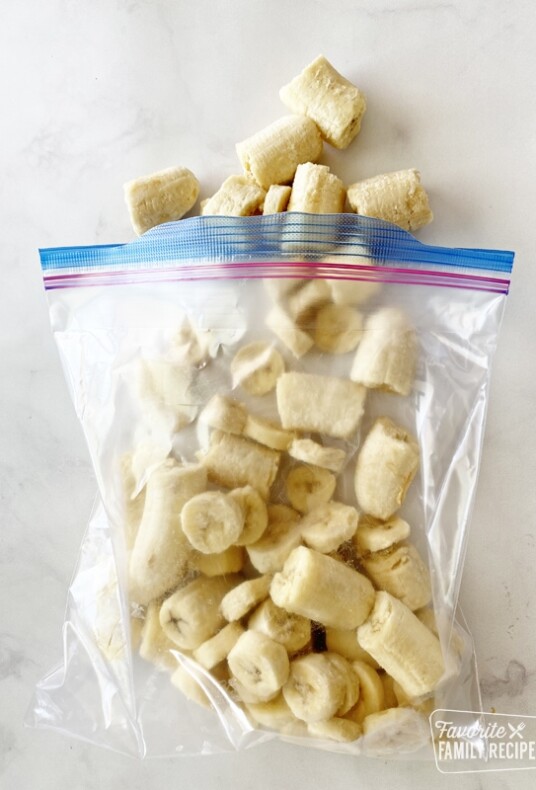

If we buy already shredded bagged cheese we don’t need to do the corn starch? Just throw it in the freezer ?
Yes! That should work!
So glad I won’t be wasting any more cheese. The cornstarch keeps it from clumping together. Awesome!
How much cornstarch do I put for a 2lb shredded block of cheese?
The rule is 1 tablespoon of cornstarch for every pound of cheese, so 2 tablespoons!
But why corn starch
Wow this is terrific information. I’ve had frozen cheese before and it absolutely changed the texture (…like… GROSS). Good to have these tips and tricks now to do it the right way. Thanks. Your posts are always so helpful.
what great information. thank you soo much. i am retired and yesterday my kids took me to a bulk shopping store ie sams club in tuscaloosa al. I live my by-self so i usually shop at our neighborhood wallmart as i have limited storage space. what an experience. i am now having soo much fun organizing my ftreezer and i am soo happy that i have this information. keep those great tips coming. you are awsome!!!
p
I freeze grated parmasean cheese all the time and have had very good results!
What is the cornstarch for?
It is to help the cheese not stick together when you freeze it.
I’ve been freezing cheese for a few years now, it’s my favorite kitchen hack! I haven’t added cornstarch before, but that may help me skip the freezing it on a baking sheet step which would be great
Now I know why my cheese never freezes well. This is so informative and helpful.
I freeze cheese all the time because I don’t usually get through a whole block. I’m going to try your technique using starch.
Thanks for all the tips. We aren’t big cheese eaters so when I do use it in a recipe I always have leftover that gets thrown out. Not anymore!
Had I know this, I wouldn’t have thrown out a huge amount of cheese over the years. Thank you for sharing!
Thank you for this!! I have been needing a why to freeze cheese. I like to buy in bulk but with only 2 people in the house it is hard to eat everything before it goes bad.
Cheese is my all time favorite. Your information was very interesting. Thanks
Thank you so much for providing this information! I have pinned it as well. Such a useful post.
I am so glad I found your post about how to freeze the cheese! This is super easy and will save me lots of money. I always buy cheese on special, but it last only certain time in the refrigerator and then it goes bad! Thank you for sharing this trick:)
This is so handy to know! Thanks for the great info!
Where has this tutorial been all my life!? THANK YOU SO MUCH!!!! Printing it out right now!
Old dogs (78 yrs) can learn new tricks. I never knew you could freeze nor how to do this. Plus, I get to learn how to make/cook and freeze meals. Since, I single and never did much cooking 🍳.